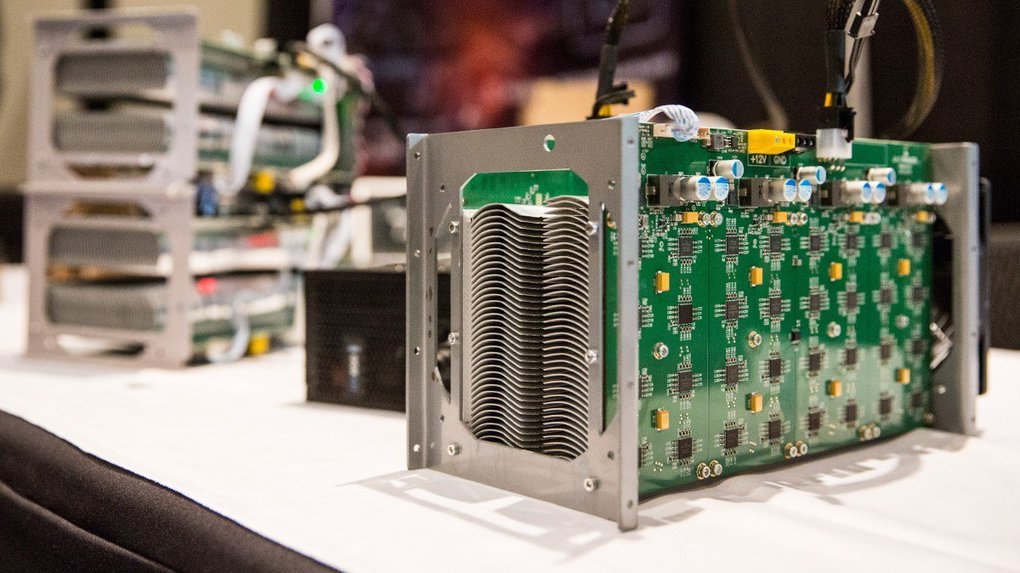Perhaps the most striking finding is that the process of verifying transactions and securing a blockchain ledger against attack, called mining, is not actually that decentralized in either system. Bitcoin and Ethereum are open blockchain systems, meaning that in principle anyone can be a miner (see “What Bitcoin Is, and Why It Matters”). But organizations have formed to pool mining resources. The researchers found that the top four Bitcoin-mining operations had more than 53 percent of the system’s average mining capacity, measured on a weekly basis. Mining for Ethereum was even more consolidated: three miners accounted for 61 percent of the system’s average weekly capacity.
They also found that 56 percent of Bitcoin’s “nodes,” the computers around the world running its software (not all of them engage in mining), are located in data centers, versus 28 percent for Ethereum. That might indicate that Bitcoin is more corporatized, Gün Sirer says. Overall, the group concluded that neither network “has strictly better properties than the other.”
Numbers like these may help clarify some debates. But the overall discussion of what “decentralization” means is much broader and more complicated. Hundreds of cryptocurrencies now exist, and many of them work differently from Bitcoin and Ethereum. Not all of them rely on miners or even use a blockchain.
There’s no perfect way to measure the decentralization of a cryptocurrency network, which is a complicated social as well as technical phenomenon. The way coins are distributed in a network can matter hugely, for example. In the case of Ripple, a privately owned company oversees the distribution of coins and still holds more than half of all in existence.
Discussions of decentralization may seem esoteric, but anyone interested in the future of cryptocurrency should try to follow along. Part of the vision sold by the technology’s biggest promoters is that it can help solve problems of financial inequality created in part by traditional, centralized institutions. If digital currency allows wealth and power to pool in the hands of a few, that’s not so revolutionary.
Sourced through Scoop.it from: www.technologyreview.com



Leave A Comment